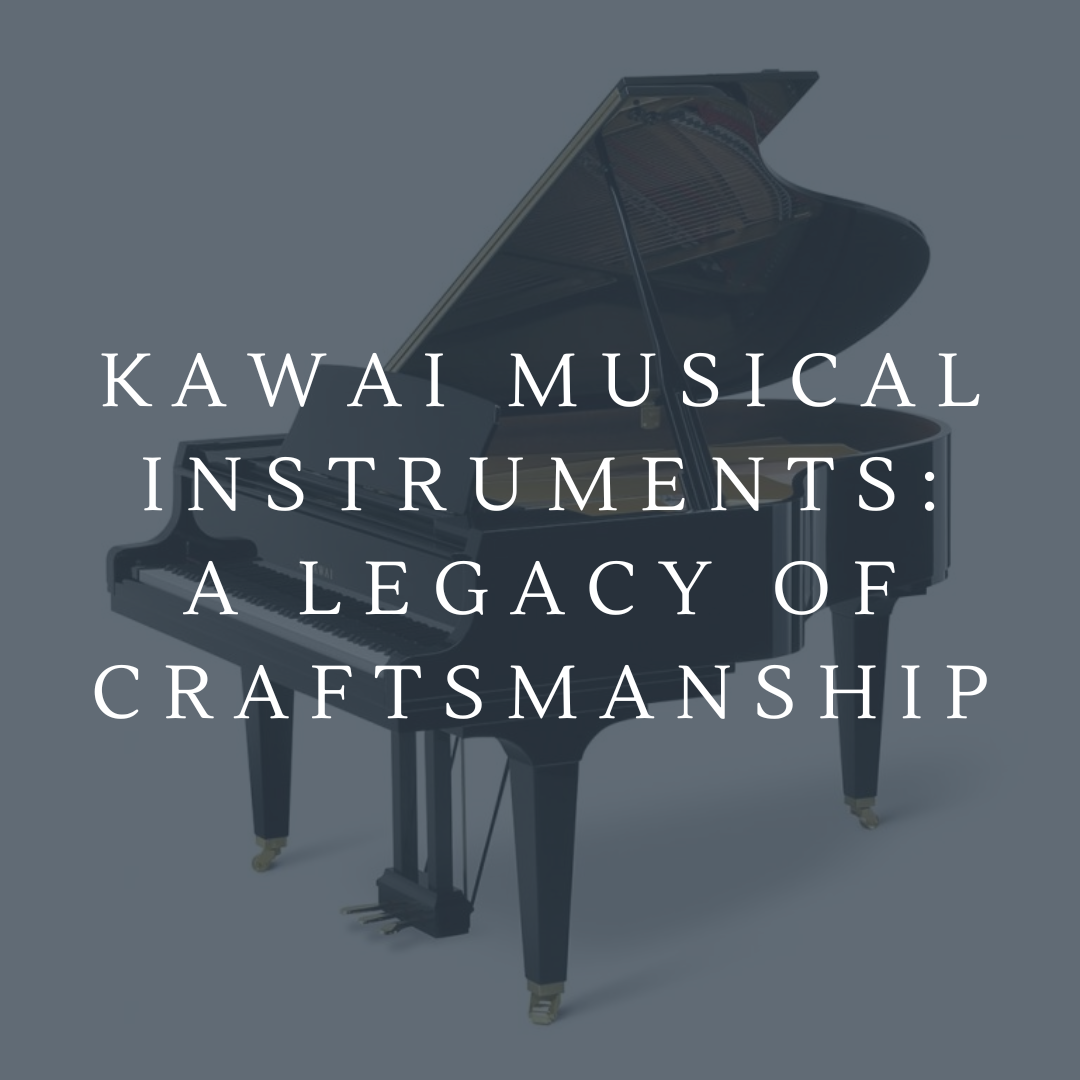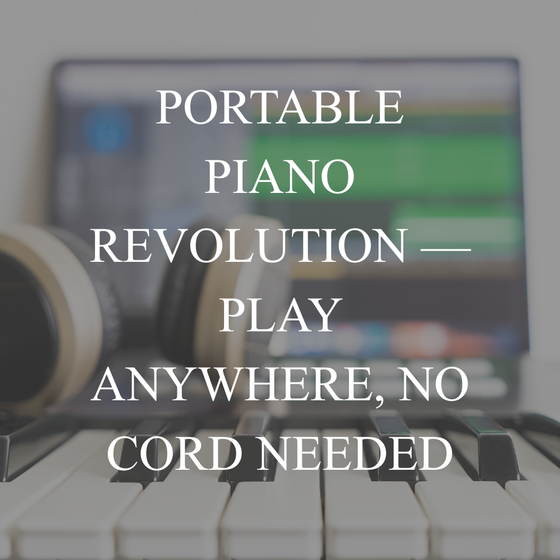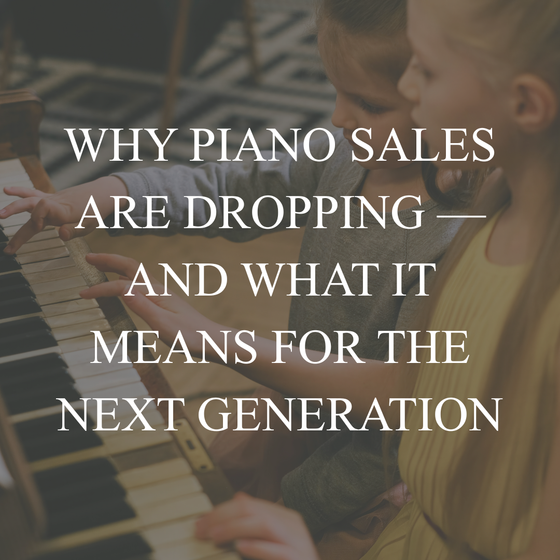
Kawai Musical Instruments Manufacturing Co., Ltd. was founded in August 1927 by Koichi Kawai in Hamamatsu, Japan. Koichi Kawai, born in 1886, had been an apprentice to Torakusu Yamaha, a watchmaker and reed organ builder. Together, they played a pivotal role in introducing pianos to Japan.
Here are some key milestones in Kawai’s history:
Today, Kawai continues to create exceptional grand pianos, upright pianos, digital pianos, electronic keyboards, and synthesizers, distributing them to over 80 countries worldwide. Their commitment to craftsmanship and innovation remains unwavering.
Whether you’re a pianist, music enthusiast, or simply appreciate fine instruments, Kawai’s legacy is one of passion, precision, and musical excellence.

One of the most exciting shifts in the piano world right now is the rise of battery-powered, portable pianos. Instruments like Roland’s GO:PIANO88 show that full-sized keybeds, high-quality sound engines, and wireless operation can coexist. Roland

Across the U.S., piano sales have taken a nosedive. A recent CBS News article reported that in 2024, only 17,294 pianos were sold — compared to hundreds of thousands in past decades. CBS News The reason isn’t lack of interest in music; it’s economics, cultural change, and preference shifts. Young people are renting, using digital subscriptions, or choosing digital pianos as introductory tools.

In 2025, one of the most fascinating developments in piano technology is happening at the intersection of artificial intelligence, robotics, and musical expression. A research team recently introduced PANDORA, a diffusion-based policy learning framework that enables robotic hands to play piano pieces with precision and expressive nuance. The system uses language models to measure stylistic quality and musicality, blending human emotion with algorithmic accuracy. arXiv